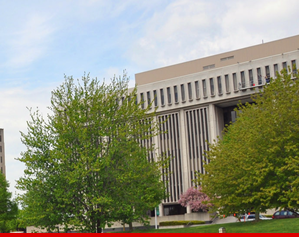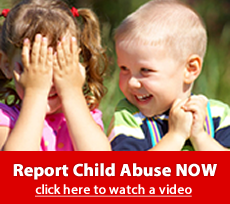
JUVENILE COURT PHILOSOPHY
Minors violating misdemeanor or felony laws before they turn 17 may be brought into the juvenile justice system. Delinquency cases are not “criminal”. The philosophy of the Family Court’s Juvenile Division is treatment and discipline for the delinquent youth, balanced against the safety needs of our community. Police, Prosecutors, Courts, and the schools must work together with the family and our community to meet this challenge.
JUVENILE COURT PROCESS
Petition: After a police investigation, an assistant prosecutor reviews the reports and facts to decide whether court action is required. If so, the prosecutor issues a petition, listing the offense(s) with which the juvenile is charged. The petition is filed with the Circuit Court’s Family Division, which officially starts the court process.
Preliminary Inquiry: The first court hearing in a juvenile prosecution, similar to an adult court arraignment. A prosecutor might not attend this hearing. The juvenile is informed of the charged offenses, and his/her constitutional rights. The juvenile’s family can file for a court-appointed attorney at this hearing.
Pre-Trial Conference: If the juvenile does not initially admit responsibility for the offense, a pretrial conference will be scheduled. A prosecuting attorney and the juvenile’s attorney meet regarding whether the juvenile will plead to the charged offense(s) or different offense(s), or if the case will go to trial. Crime victims are encouraged to attend pre-trial conferences so the prosecutor can discuss options for resolving the case.
Adjudication: A case may be adjudicated by a guilty plea or trial verdict that the juvenile committed an offense. In a jury or judge trial, the prosecution must prove the juvenile’s responsibility beyond a reasonable doubt. The juvenile is not required to prove his/her innocence.
Disposition: The disposition is similar to an adult court “sentencing”. A probation agent’s report summarizes the youth’s background and need for services, and recommends terms of disposition. The judge considers this information and decides the final terms of the disposition. The judge has wide latitude, but must order services and programs appropriate for the welfare of the juvenile and society. Typical dispositions include probation, counseling, letter of apology to victim, community service, and restitution.
Crime victims are encouraged to attend disposition hearings. Victims may deliver verbal or written impact statements. The statement may explain physical, psychological or emotional harm suffered by the victim; explain economic loss or property damage suffered; request restitution; and recommend appropriate terms of disposition.


